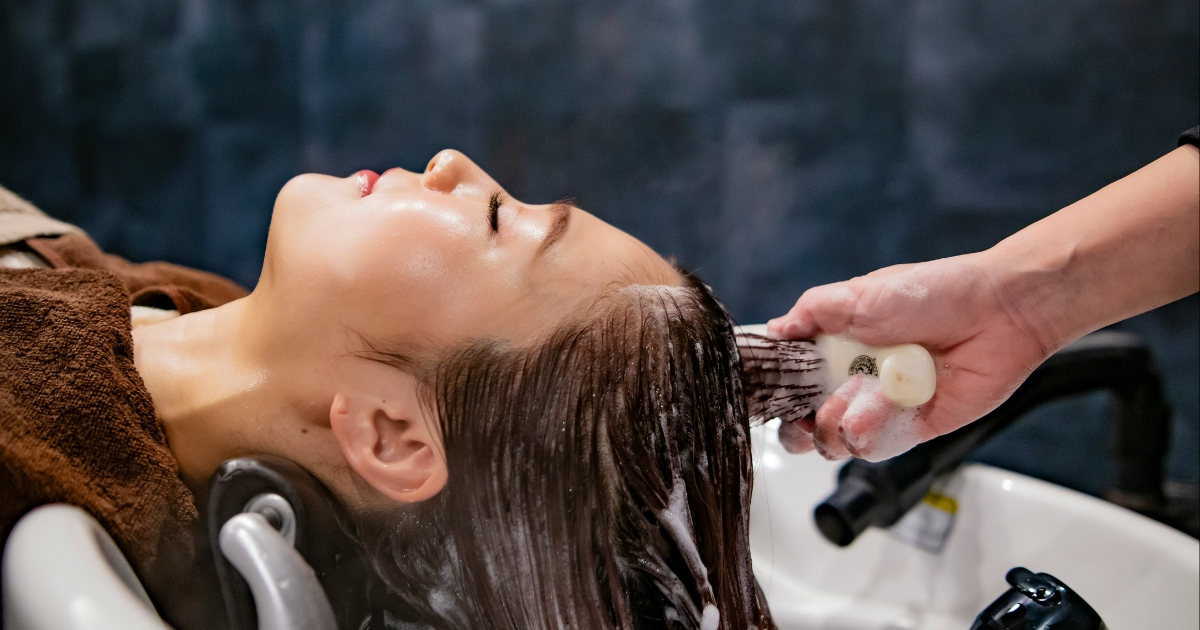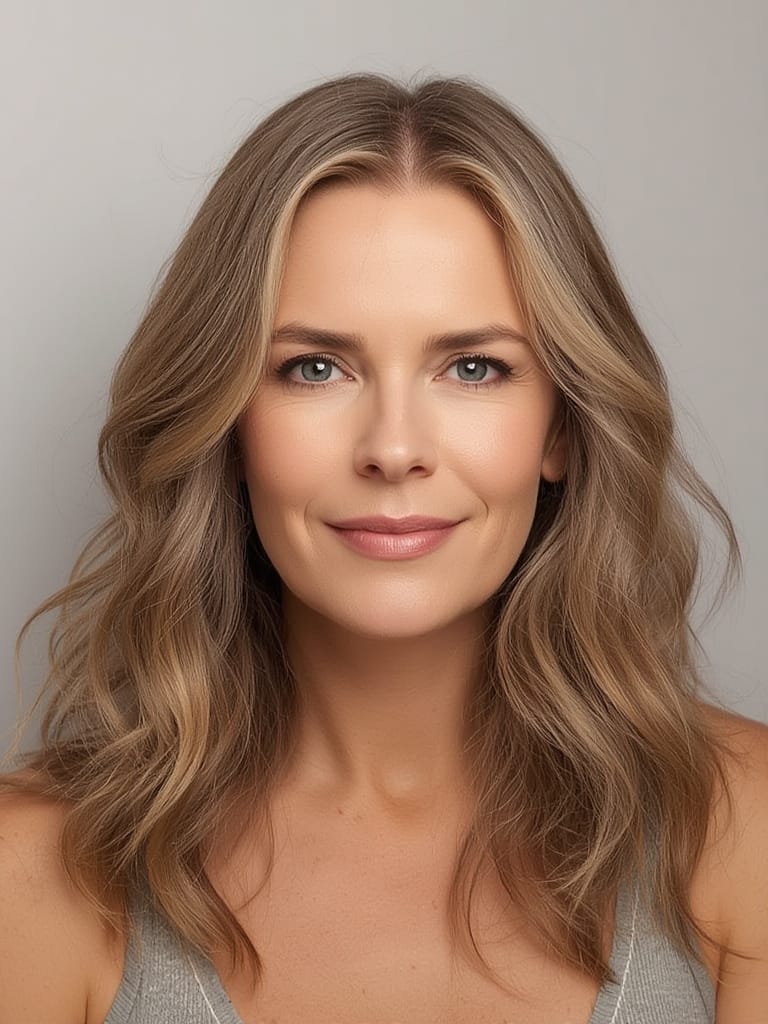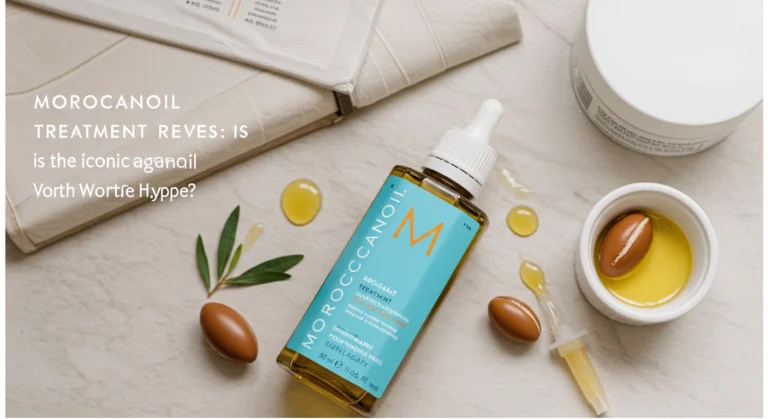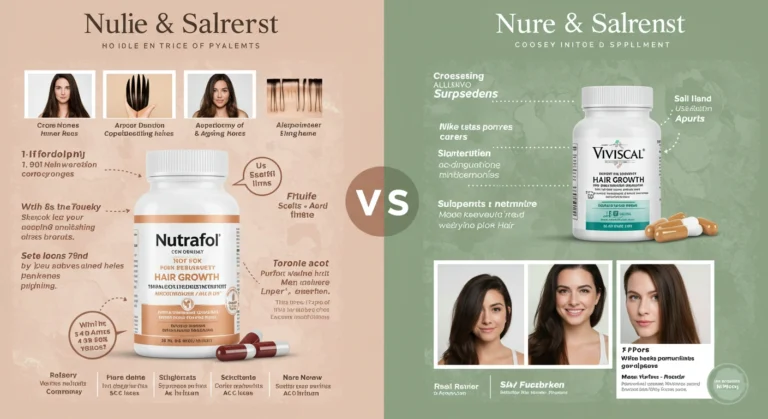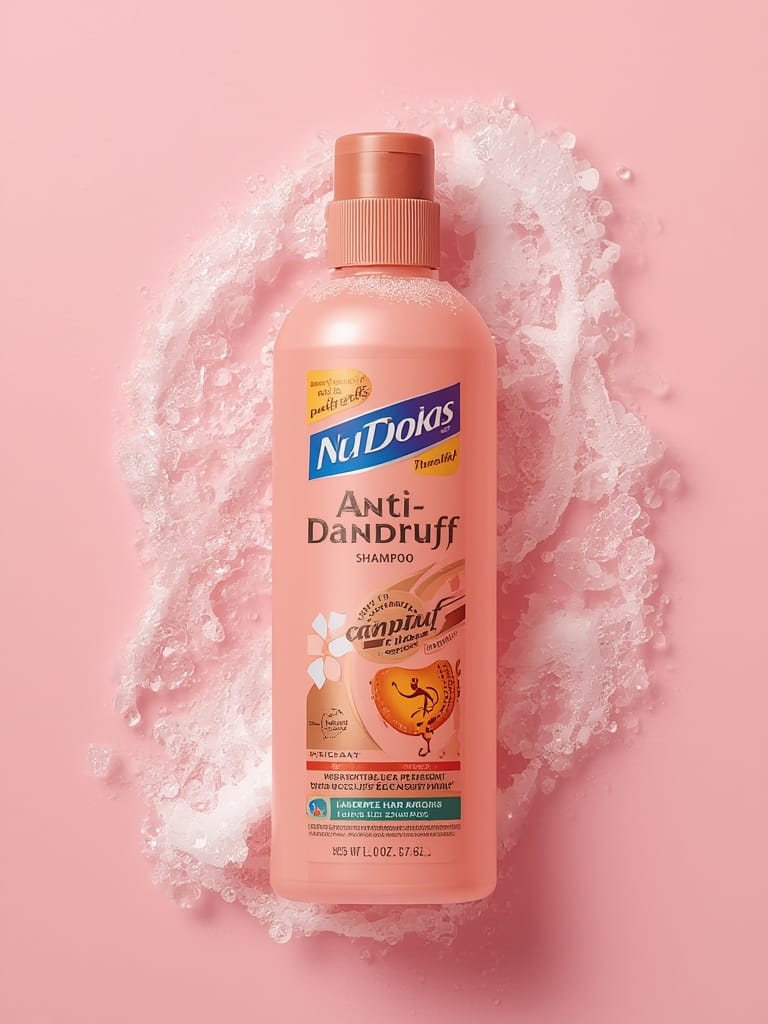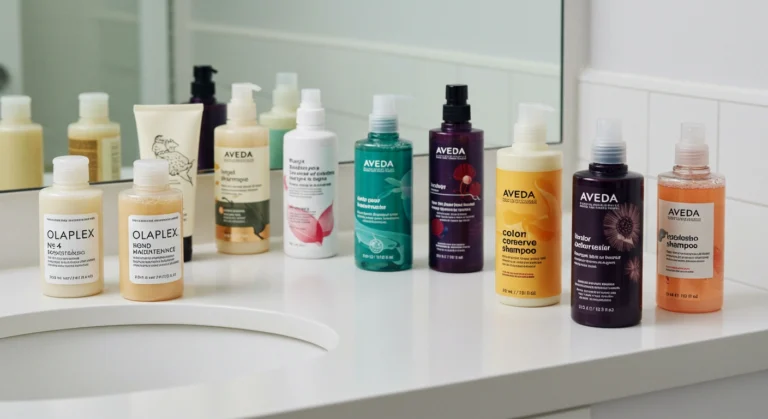the right Shampoo for Greasy Hair in 2025
How to Choose the Right Shampoo for Greasy Hair : A Quick Guide
Are you tired of dealing with oily locks that seem impossible to manage? Choosing the right shampoo can make all the difference. With so many products on the market, it can be overwhelming to decide which one is best for your greasy hair.
You need a shampoo that controls oil production without drying out your hair. In this guide, we’ll show you how to pick the best shampoo for oily hair. This will help you get a healthier, more balanced scalp.
Table of Contents
Key Takeaways
- Understand your hair type and its specific needs.
- Look for shampoos formulated to control oil production.
- Avoid harsh ingredients that strip your hair of its natural moisture.
- Consider the ingredients and their benefits for your scalp.
- Read reviews and product labels carefully to make an informed decision.
Understanding the Causes of Greasy Hair
If you have oily hair, knowing why it’s greasy is important. Greasy hair comes from too much sebum. Sebum is an oily substance made by glands in your scalp.
Sebum Production and Oily Scalp
Sebum keeps your hair healthy. But, too much can make your hair greasy. Genetics, hormonal changes, and stress can make your glands produce more sebum.
External Factors That Worsen Greasiness
Things outside of you can also make your hair greasier. Using the wrong hair products and living in humid places can help oil build up. Not washing your hair enough and touching it a lot can also make it greasier.
How Often You Should Wash Greasy Hair
Washing your hair too much can take away its natural oils. But, not washing it enough lets oil build up. Finding the right balance is key. Washing your hair every other day or daily with a gentle oily hair shampoo can help manage oil levels.
The right Shampoo for Greasy Hair: What to Look For
Struggling with greasy hair? Finding the right shampoo is key to a balanced scalp. The right shampoo controls oil and keeps your hair fresh longer.
Key Cleansing Ingredients
A good shampoo for greasy hair has key cleansing ingredients. These ingredients remove dirt and excess oil without drying out your hair. Look for tea tree oil or charcoal, known for their cleaning power. Using a clarifying shampoo for oily hair once a week can also help clean your scalp deeply.
pH-Balanced Formulations
A pH-balanced formulation is important. It keeps the shampoo from upsetting your scalp’s natural pH, which can cause more oil. Aim for a pH level close to 5.5, the natural pH of your scalp.
Lightweight Moisturizers
It might seem odd, but a natural shampoo for oily scalp with lightweight moisturizers can balance oil. Ingredients like aloe vera or green tea add moisture without making your hair heavy.
By looking at these points, you can find a shampoo that controls greasiness and boosts hair health.
Ingredients to Avoid in Greasy Hair Products
For those with oily hair, knowing what to avoid in hair products is crucial. The wrong ingredients can make your hair look dull and feel heavy.
Heavy Oils and Butters
Ingredients like coconut oil and shea butter are bad for oily hair. They moisturize dry hair but can clog pores and make oily scalps worse. Choose lightweight, oil-free products instead.
Silicones and Their Effects
Silicones can block the hair shaft, causing buildup and weighing it down. This is especially bad for oily hair, as it can make it greasier. Look for sulfate-free shampoo for oily hair that doesn’t have silicones.
Harsh Detergents That Trigger More Oil
It might seem odd, but harsh detergents can make your hair produce more oil. This is because they strip away natural oils. Instead, use gentle, oily hair treatment products that clean without drying out your hair.
| Ingredient | Effect on Oily Hair |
|---|---|
| Heavy Oils and Butters | Clog pores, increase sebum production |
| Silicones | Create buildup, weigh hair down |
| Harsh Detergents | Strip natural oils, trigger more oil production |
Clarifying Shampoos: Your Weapon Against Buildup
Clarifying shampoos are a strong ally against oily hair buildup. They are made to deeply clean your hair and scalp. They remove dirt, oil, and product residue that can make your hair look greasy.
How Clarifying Formulas Work
Clarifying shampoos use stronger cleaners than regular ones. These cleaners break down and remove tough buildup. They are especially good for oily hair, helping to control oil and reduce greasiness.
When to Use Clarifying Products
Use a clarifying shampoo once or twice a week, depending on your hair. If you use a lot of styling products or live in a humid climate, you might need to use it more often. But, don’t overdo it, as it can dry out your hair and make it produce more oil.
Top Clarifying Shampoos for Oily Scalp
Some of the best clarifying shampoos for oily scalps come from top hair care brands. Look for “clarifying” or “deep cleansing” products. They should have ingredients like tea tree oil or salicylic acid to help control oil and reduce buildup.
Sulfate vs. Sulfate-Free Shampoo for Greasy Hair
Choosing the right shampoo for oily hair is key. Sulfates clean well but can also take away natural oils. This might make your hair produce more oil to compensate.
The Cleansing Power of Sulfates
Sulfates, like sodium lauryl sulfate, are good at getting rid of dirt and oil. They make a lot of foam, which many think means a clean hair. But, they can be tough on your scalp and hair, leading to dryness and irritation.
Gentle Alternatives in Sulfate-Free Options
Sulfate-free shampoos are gentler. They use ingredients that don’t take away as much natural oil. They’re great for sensitive scalps or dry hair. Even though they don’t foam as much, they still clean well without the harshness of sulfates.
Which Type Works Best for Different Hair Types
Whether to choose sulfate or sulfate-free shampoo depends on your hair. If your hair is very oily, a sulfate shampoo might work better. But, if your hair is dry or sensitive, go for a sulfate-free one. Try both to see what’s best for you.
Natural Solutions for Controlling Oily Hair
Struggling with greasy hair? Natural remedies can help. They use ingredients that balance your hair’s oil without harsh chemicals.
Plant-Based Ingredients That Combat Grease
Some plants are great at fighting grease and cleaning your scalp. Here are a few:
- Tea Tree Oil: It fights fungal and bacterial issues, helping with dandruff and infections.
- Aloe Vera: It calms the scalp and cuts down on oiliness without drying out your hair.
- Green Tea: Full of antioxidants, it lowers oil production and boosts hair growth.
Essential Oils for Balancing Sebum
Essential oils can boost your hair care routine. Here are some good ones:
- Lemon Essential Oil: It balances your scalp’s pH and cuts down on grease.
- Lavender Oil: It promotes a healthy scalp and helps control oil.
DIY Recipes for Oily Scalp Treatment
Making your own hair treatments is fun and effective. Try mixing apple cider vinegar with water as a final rinse. It clarifies your scalp and removes buildup.
How to Use Shampoo Effectively for Greasy Hair
To get the most out of your shampoo for greasy hair, knowing how to apply it is key. Using the right amount and massaging it into your scalp can make a big difference.
Proper Application Techniques
Start by applying a small amount of shampoo to your scalp. Massage it in well to create a rich lather. Pay special attention to the roots, where grease builds up, not the ends.
Double Cleansing Method
The double cleansing method means washing your hair twice. The first wash gets rid of surface dirt. The second wash goes deeper to clean your scalp well.
Water Temperature and Rinsing Tips
Use warm water to open up your hair cuticles for a deeper clean. Then, rinse with cool water to close the cuticles and add shine.
Creating Your Personalized Hair Care Routine
Now that you know why your hair gets greasy and the best shampoos to fight it, it’s time to make a hair care plan. The right oily hair shampoo is key to controlling oil and keeping your scalp balanced.
First, figure out your hair type and what bothers you. Then, pick a shampoo that meets your needs. Adding a clarifying shampoo to your routine can help deep clean your scalp and get rid of buildup. This guide will help you learn how to manage greasy hair and keep your scalp healthy.
Keep in mind, everyone’s hair is unique. You might need to try a few things before finding the perfect routine. Be patient and open to trying different products and methods until you find what works for you.
FAQ
What is the best shampoo for greasy hair?
The top shampoo for greasy hair should clean well, be pH-balanced, and moisturize lightly. Look for “oil-control” or “clarifying” labels. These are made to keep your hair from getting too oily.
How often should I wash my greasy hair?
Washing greasy hair depends on your hair type and how active you are. Washing every other day or daily can help manage oil. But, washing too much can make your hair produce more oil.
What ingredients should I avoid in oily hair products?
Stay away from heavy oils, butters, silicones, and harsh detergents. They can make your hair heavy, cause buildup, or make it oilier.
Can I use a clarifying shampoo on my oily scalp?
Yes, clarifying shampoos are great for oily scalps. Use them once or twice a week. They help control oil and clean your scalp.
Are sulfate-free shampoos good for greasy hair?
Sulfate-free shampoos are good for greasy hair, especially if your scalp is sensitive. They clean gently without taking away natural oils. But, some may not control oil well. Choose one made for oily hair.
How can I naturally control oily hair?
Use natural ingredients like tea tree oil, lemon juice, and apple cider vinegar. They help balance oil. Try DIY clay masks or vinegar rinses to manage greasiness.
What’s the best way to apply shampoo to greasy hair?
Apply shampoo to your scalp, massage it in, and then move it down to the ends. A double cleansing method can remove more dirt and oil. Use warm water to rinse, which opens up the hair cuticle for a deeper clean.
Did you find this article helpful? be the first to rate us !
There are no reviews yet. Be the first one to write one.

